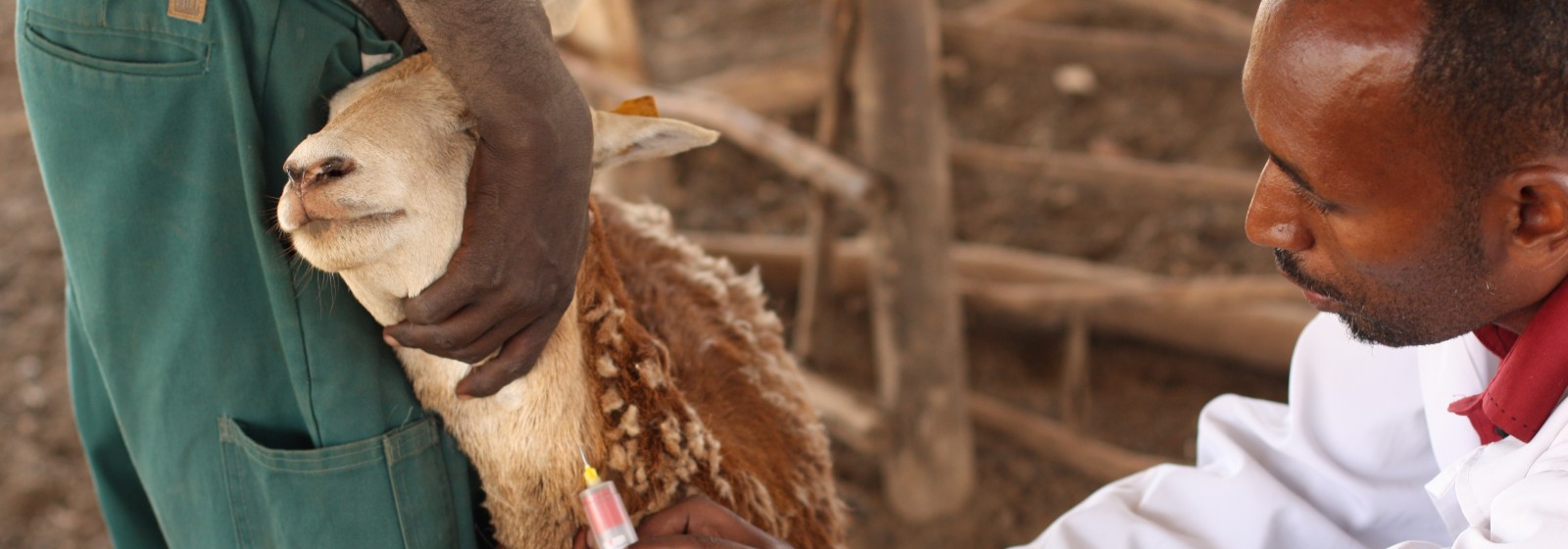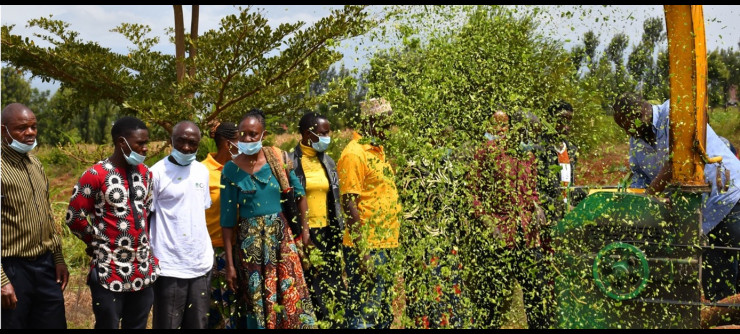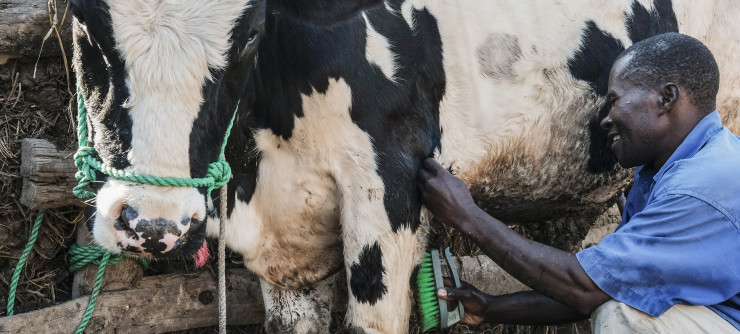The Livestock & Health flagship is working towards improving livestock health and health service delivery, with new research being conducted to ensure animal welfare.
Unhealthy and poorly managed livestock produce less, furthering the yield gap and reducing the economic returns and market opportunities for farmers, thereby threatening food and nutrition security of the poor. Poor animal health also poses public health risks through transmission of zoonotic pathogens and ill-informed use of antimicrobials, which contributes to anti-microbial resistance (AMR) and the persistence of residues in livestock products, an area crucial to address when smallholder systems intensify.
Another effect of poor animal health is its detrimental effects on the environment through the inefficient use of natural resources such as feed and water and increased emission intensities of greenhouse gases.
The Livestock Health flagship aims to improve livestock productivity, contribute to food security, nutrition and food safety through improved animal health and welfare, increased business opportunities for women and young people, and reduced negative environmental footprint of livestock. It addresses the limited availability, access to and use of animal health services and products in low-income countries needed for the rapid inclusive and fragile growth trajectories. The work builds on years of animal health and delivery research to respond to challenges embedded in the two trajectories targeted through the CRP.
The flagship's research portfolio includes short and medium-term outputs, consisting of herd health packages that use existing disease control and preventive tools and long-term vaccine research on key diseases. Emphasis is also given to optimizing herd health interventions that address husbandry and a wider range of productivity problems, including diseases for which the uptake of existing control options has been limited, as well as the rational use of veterinary drugs to avoid antimicrobial resistance and development of improved systems to ensure access for livestock producers to veterinary products and services.
Flagship objectives:
- Performs advanced biosciences research on animal vaccines and diagnostics.
- Evaluates and adapts new holistic approaches to improve herd health and the use of antimicrobials.
- Explores new solutions to improve product and service delivery.
- Has a strong commitment to a gender-integrated research approach.
- Provides leverage and value for money through ‘crosstalk’ among laboratory and field-based staff, leading to faster and more efficient deployment of new products and services.



